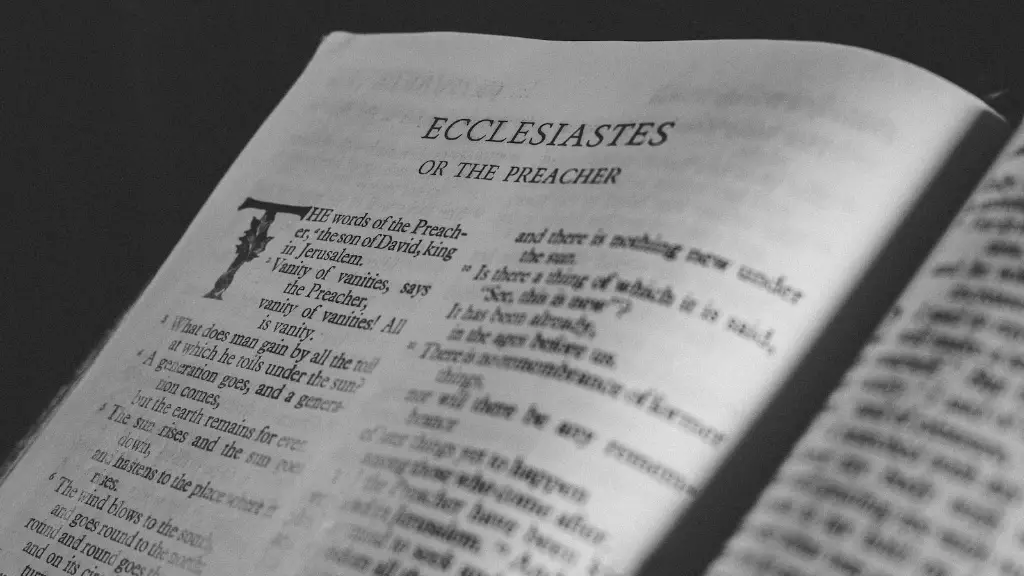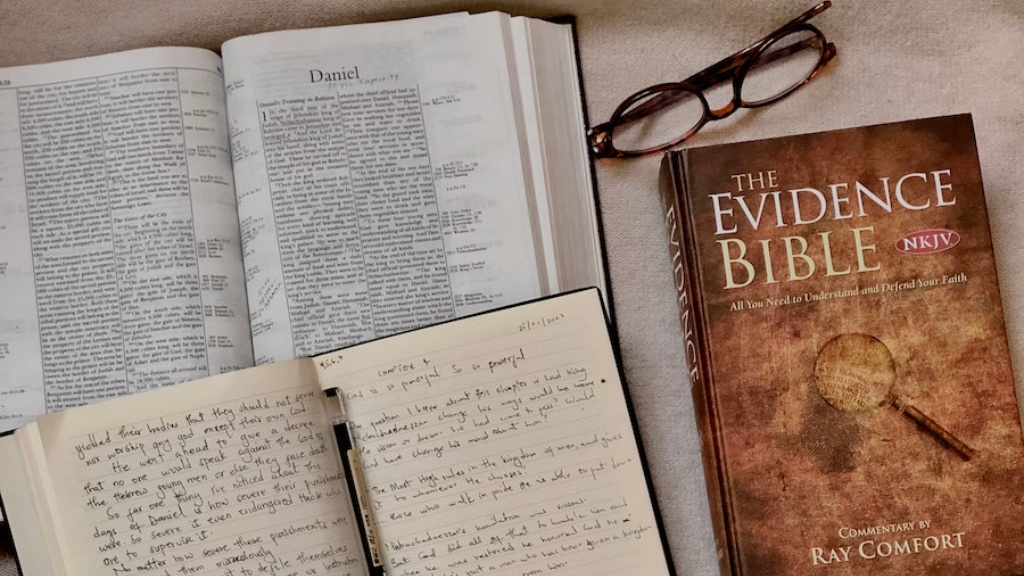The Book of Jeremiah is one of the major Prophets in the Hebrew Bible. Jeremiah was a prophet who lived in the kingdom of Judah during the reign of King Zedekiah. He was called to be a prophet by God when he was still a young man, and he prophesied during a time of great turmoil and crisis in Judah. The Book of Jeremiah is a record of the prophecies that Jeremiah spoke during his ministry.
The author of the Book of Jeremiah is Jeremiah himself. His name appears in the first verse of the book, and he is the only author explicitly named in the book.
Who wrote the letter of Jeremiah?
According to the text of the letter, the author is the biblical prophet Jeremiah. The biblical Book of Jeremiah itself contains the words of a letter sent by Jeremiah “from Jerusalem” to the “captives” in Babylon (Jeremiah 29:1–23).
Jeremiah’s book is intended as a message to the Jews in exile in Babylon, explaining the disaster of exile as God’s response to Israel’s pagan worship. The people, says Jeremiah, are like an unfaithful wife and rebellious children, their infidelity and rebelliousness made judgment inevitable, although restoration and a new covenant are still possible.
Who is Jeremiah writing to in the Bible
The author’s primary target was probably the Babylonian deity Tammuz, an agricultural god whose cult was associated with orgiastic fertility rites. Although the letter is extant only in Greek, certain linguistic and stylistic elements point to an original composition in Hebrew or Aramaic.
Jeremiah is one of the most important prophetic books in the Bible because it contains a lot of information about the prophet’s life and times. This material is valuable because it gives us a better understanding of who Jeremiah was and what he was like. It also helps us to understand the message that he was trying to communicate to his contemporaries.
Who wrote the book of Jeremiah and why?
According to Jewish tradition, Jeremiah authored the Book of Jeremiah, the Books of Kings and the Book of Lamentations, with the assistance and under the editorship of Baruch ben Neriah, his scribe and disciple. Baruch is thought to have been the editor of Jeremiah’s work because he is the only person other than Jeremiah who is mentioned by name in the book. It is believed that Jeremiah dictated his prophecies to Baruch, who then wrote them down.
The book of Jeremiah is a powerful and graphic depiction of how disobedience can lead to destruction. The prophet Jeremiah lived through the horror of his predictions, and saw first-hand how God would judge Israel’s sins with an exile to Babylon. This book is a powerful reminder of the consequences of disobedience, and the importance of following God’s commands.
What is the moral of the story of Jeremiah?
The book of Jeremiah is significant because it shares with the rest of the Hebrew Bible the essential position that such a responsibility does not lead to forfeiture of being but rather to fulfillment of life. Freedom and promise become juxtaposed, just as are value and obligation. The above conditions combine to constitute the moral agent.
The book of Jeremiah is unique in that it includes the “confessions” of the prophet himself. These laments reflect the personal struggles that Jeremiah faced as the messenger of God’s word, despite the opposition and violence he faced. It is a moving testimony to the faithfulness of this great prophet.
What did Jesus say to Jeremiah
The almond tree is a symbol of divine approval and protection. The Lord is telling Jeremiah that He is watching over His word to make sure it comes to pass. This is a promise of hope and encouragement to Jeremiah, that the Lord will fulfill His plans and purposes.
The Lord exalts those who are humble and righteous. Jeremiah was a great prophet because he was filled with wisdom and had a heart for God. He proclaimed God’s messages fearlessly and helped turn many people to God. His example shows us that humility and faithfulness are key to being used by God.
What did Jeremiah suffer in the Bible?
Jeremiah’s calling from God was difficult, but he persevered because he knew it was important. He was ridiculed and mocked, but he continued to preach God’s word to the people. His faith and commitment to God’s message was inspiring, and hopefully his example will encourage others to stand up for what they believe in, even when it’s difficult.
His message was one of hope and warning. The Israelites were getting away their destiny and God was trying to call them back. Jeremiah was faithful when God gave him a strong word and challenged him to execute that word. They called him the Weeping Prophet because his heart was so tender.
What was Jeremiah’s promise
God promises to bring back Judah and Israel from captivity and to rebuild them as they were before. He will cleanse them from all the sin they have committed against him and will forgive all their sins of rebellion against him.
Jeremiah was a prophet who preached during a time of great turmoil and change in the southern kingdom of Judah. He warned the people of Judah of the impending destruction of their kingdom if they did not repent of their idolatrous and immoral ways. Jeremiah’s messages went largely unheeded, but he remained faithful to his calling. Ultimately, his predictions came true and the southern kingdom of Judah was destroyed.
How old was Jeremiah when he started his ministry?
Jeremiah was a prophet who prophesied to Judah. He was the son of Hilkiah, a priest. His family lived in Anathoth, a priestly village conveniently located an hour’s walk from Jerusalem. He is believed to have been about 20 years old when he began to prophesy.
In the story of Jeremiah, we see how the Lord reaches out and touches the prophet’s lips, thus giving him the words to speak. This is a powerful moment because it shows how the Lord is always with us, even when we don’t realize it. He is there to guide us and help us find the right words to say.
Warp Up
The Book of Jeremiah was written by the prophet Jeremiah.
The Bible does not explicitly state who wrote the book of Jeremiah, but it is generally attributed to the prophet himself. This is based on the fact that the book contains first-person accounts of Jeremiah’s life and experiences. Additionally, Jeremiah is the only prophet whose name appears in the book, which further supports the idea that he was the author.





